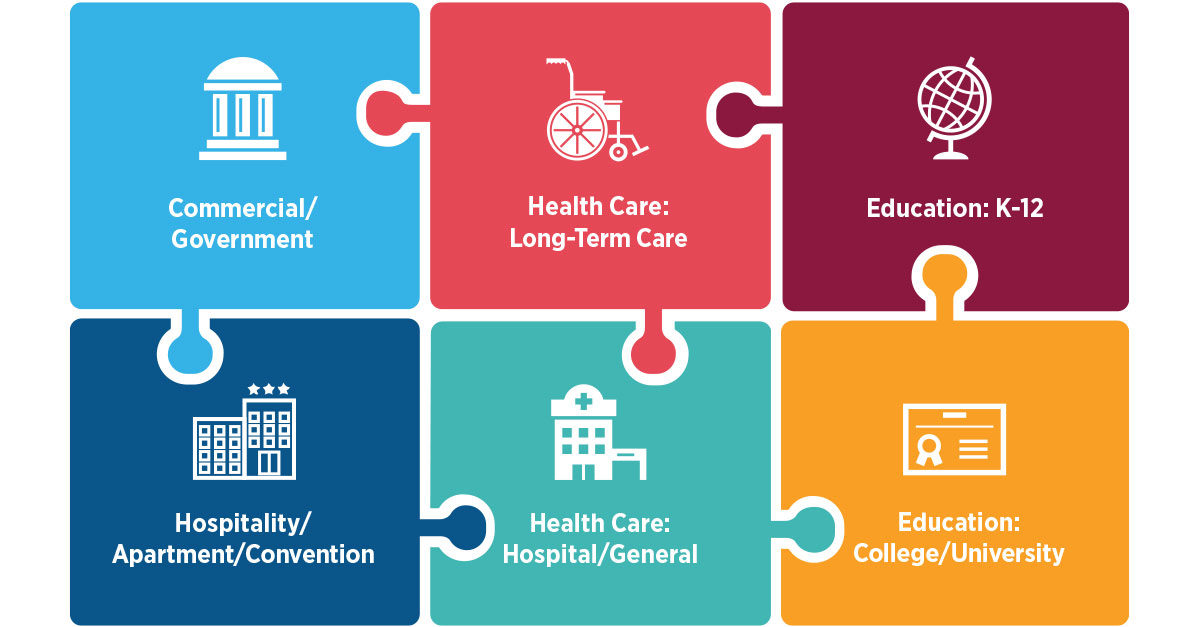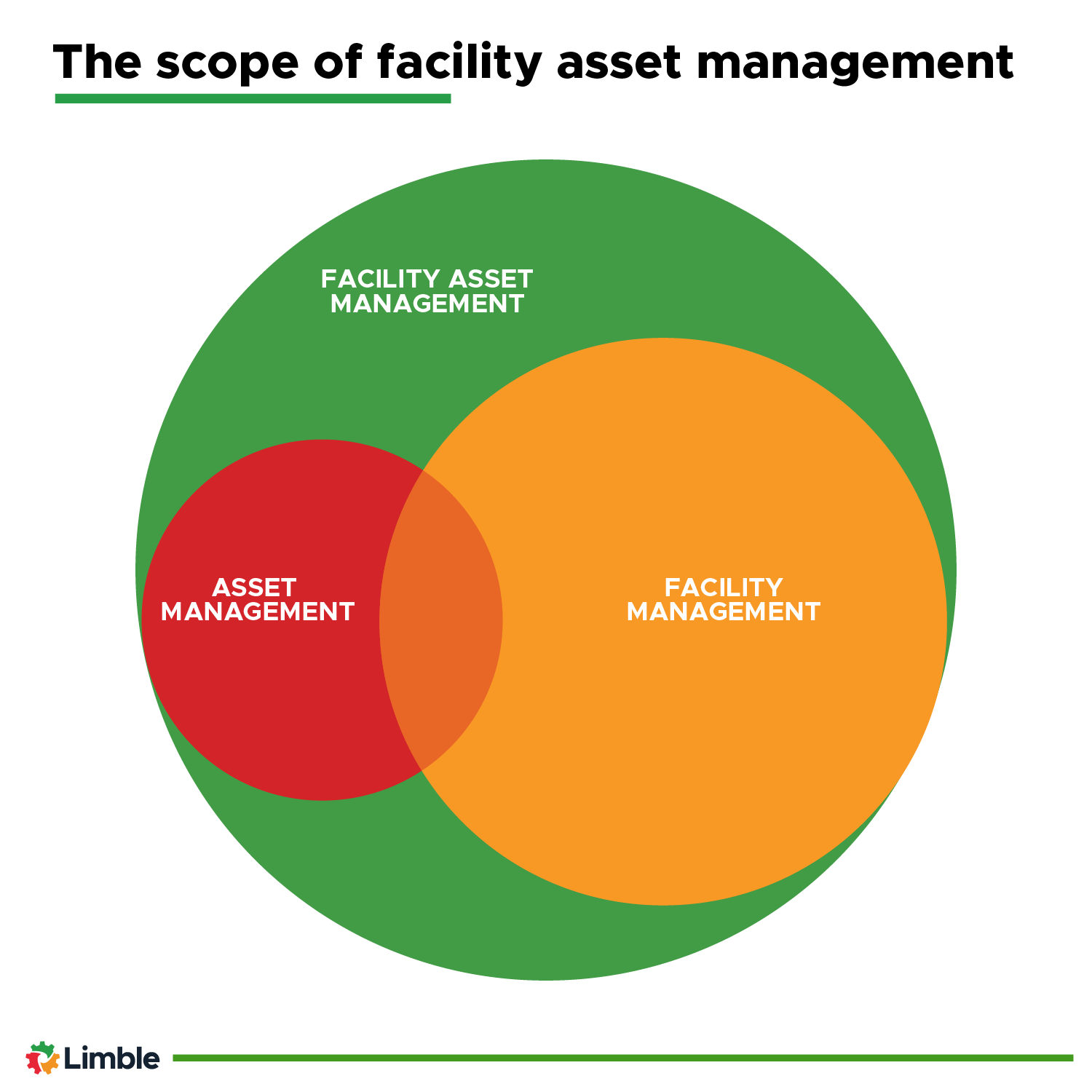Why Facility Management is Crucial for Asset Longevity
Why Facility Management is Crucial for Asset Longevity
Blog Article
Secret Fads Shaping the Future of Center Administration in 2024
As we expect 2024, the landscape of center management is positioned for significant transformation, driven by a number of vital trends. The integration of wise building technologies and a change in the direction of data-driven decision-making assurance to improve functional effectiveness while focusing on sustainability in practice. The appearance of hybrid work models is reshaping workplace settings, necessitating cutting-edge layout options that provide to advancing worker needs. Amid these modifications, the concentrate on occupant wellness proceeds to acquire traction, highlighting the relevance of a healthy work environment. Exactly how these fads will materialize in technique continues to be a critical question for industry specialists.
Smart Building Technologies

Smart structure modern technologies include a wide array of systems, including intelligent illumination, heating and cooling controls, and protection systems. By integrating these systems, facility managers can keep an eye on and adjust parameters in real-time, bring about substantial reductions in power waste and functional expenses. As an example, smart sensing units can spot tenancy degrees and change illumination and temperature level as necessary, making sure that energy is only utilized when needed.
In addition, these modern technologies facilitate improved data collection, permitting companies to track use patterns and determine possibilities for more renovations. The application of smart building technologies not only adds to sustainability goals but also produces healthier job environments that can boost worker performance and fulfillment.
As we relocate into 2024, the adoption of smart building innovations will likely accelerate, reflecting a more comprehensive change in the direction of more intelligent, receptive, and sustainable facility management techniques.
Data-Driven Choice Making
Increasingly, organizations are leveraging data-driven choice making to enhance facility administration practices. By utilizing information analytics, center supervisors can derive workable understandings that considerably improve operational performance and source allowance. The combination of innovative modern technologies, such as IoT sensors and real-time monitoring systems, allows the collection of large amounts of information on building efficiency, occupancy rates, and power consumption.
This wealth of details enables facility managers to identify patterns, forecast maintenance demands, and proactively address problems prior to they intensify. Predictive analytics can anticipate tools failures, decreasing downtime and repair prices. Additionally, information visualization tools assist in better interaction among stakeholders, guaranteeing that informed choices are made collaboratively.
Moreover, data-driven approaches improve calculated planning by making it possible for facility supervisors to examine the performance of present techniques and make informed selections pertaining to financial investments in modern technology or framework. As companies significantly focus on functional excellence, data-driven decision making is positioned to come to be a keystone of successful facility management strategies in 2024 and past. Ultimately, the capacity to utilize data properly will equip organizations to develop much more reliable, productive, and resistant centers.
Sustainability and Green Practices
The emphasis on data-driven choice making normally lines up with the expanding emphasis on sustainability and eco-friendly practices within facility management. As organizations progressively focus on ecological duty, facility managers are leveraging analytics to maximize resource usage, reduce waste, and decrease carbon impacts. This calculated approach allows the assimilation of energy-efficient systems, such as LED illumination, clever cooling and heating controls, and sustainable energy resources right into facility procedures.
Furthermore, the application of lasting methods expands beyond power consumption. Center supervisors are embracing environment-friendly materials and advertising reusing initiatives to develop a circular economy within their centers. This not just boosts the ecological profile of the organization browse around this web-site yet also cultivates a society of sustainability among staff members.
Compliance with environmental guidelines is an additional vital aspect driving the adoption of green practices. By utilizing data analytics, center managers can keep track of conformity metrics and determine locations for improvement, making certain adherence to global and regional sustainability criteria.
Hybrid Work Versions
A considerable shift in the direction of crossbreed work versions is reshaping the landscape of center management in 2024. This standard incorporates remote and in-office job, necessitating a reevaluation of room usage, source allowance, and worker involvement methods. Organizations are progressively identifying the importance of versatile offices that satisfy varied needs and choices.
Center managers need to adjust by executing flexible office layouts that sustain joint efforts while offering areas for concentrated work. This consists of the combination of technology to assist in seamless communication and partnership among remote and in-office workers. Smart building services, geared up with analytics and sensors, permit real-time tracking of room usage, making it possible for companies to enhance their atmospheres efficiently.
Moreover, hybrid job designs emphasize the need for effective center administration that prioritizes worker experience. This incorporates not just technology and room design yet additionally the advancement of policies that promote a balanced work-life dynamic. As firms navigate this transition, the role of center administration ends up being crucial in developing a nimble office that cultivates efficiency and drives business success. Fundamentally, the hybrid work model is reinventing facility monitoring, motivating an aggressive method to meet the advancing needs of the labor force.
Enhanced Occupant Wellness
As organizations welcome hybrid work versions, an enhanced focus on passenger wellness is coming to be essential to center management approaches. Facility Management. This change acknowledges that a satisfied and healthy and balanced workforce straight influences efficiency and retention rates. Center supervisors are currently focusing click this on settings that promote physical and mental wellness, integrating aspects such as natural lights, biophilic style, and obtainable wellness sources

Technology plays a vital function in this development. Smart structure systems can monitor ecological elements and readjust setups in real-time, making certain optimal comfort degrees - Facility Management. Comments systems, such as occupancy sensing units and employee surveys, enable center supervisors to constantly improve wellness efforts based on owner needs.

Conclusion
In 2024, the future of facility monitoring will be substantially affected by the assimilation of wise structure innovations and data-driven decision-making, fostering enhanced operational efficiency. Sustainability initiatives will certainly prioritize eco-friendly practices, while the development of hybrid work designs will demand adaptable office styles. Moreover, a heightened emphasis on resident health with sophisticated HVAC systems and biophilic layout will certainly add to healthier job settings. These fads jointly emphasize the advancing landscape of center management in action to contemporary difficulties and possibilities.
Facility managers are embracing eco-friendly products and advertising reusing initiatives to produce a circular economy within their facilities.A substantial shift towards crossbreed work models is reshaping the landscape of Look At This facility management in 2024.Moreover, hybrid work models emphasize the need for efficient center administration that prioritizes employee experience.As organizations accept hybrid work designs, an increased emphasis on occupant health is coming to be important to facility management methods.In 2024, the future of center administration will be dramatically influenced by the integration of wise structure innovations and data-driven decision-making, promoting enhanced functional efficiency.
Report this page